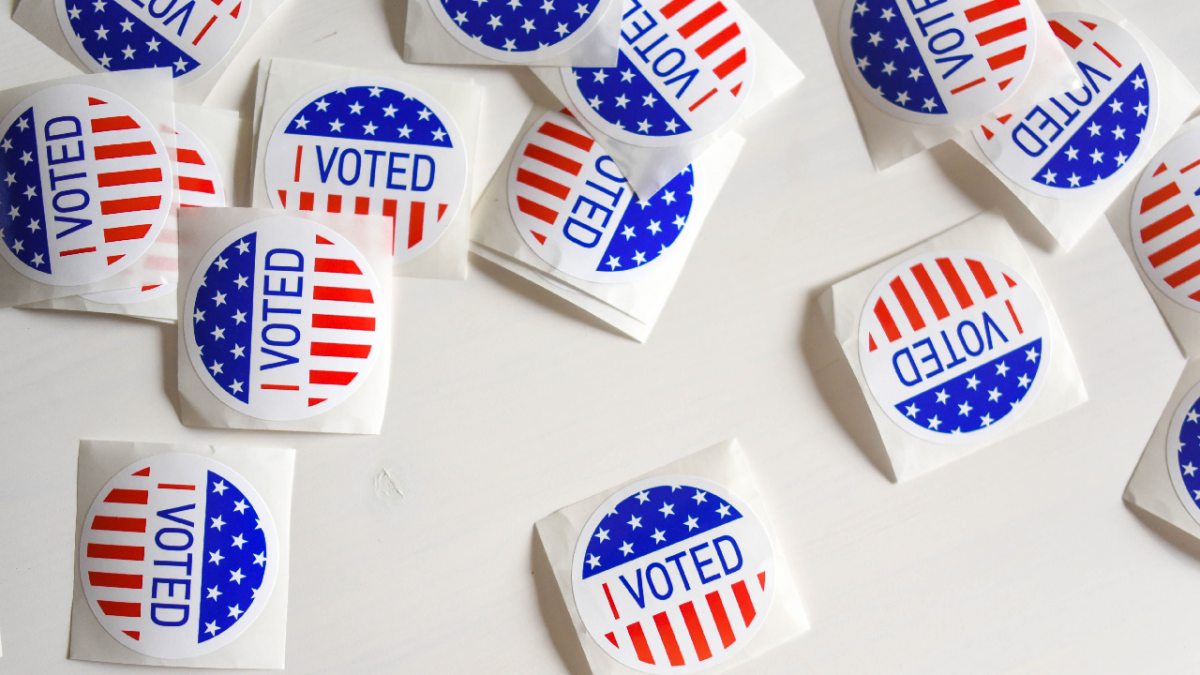Voting questions? University Libraries can help
Starting Sept. 22, voters can learn about 2020 election processes through library events and resources.

The state-by-state patchwork of voting laws in the U.S. can be complicated to understand, especially for newer and first-time voters. The University Libraries has prepared a set of events and informational resources to support voters — especially student voters — during the 2020 election.
“Voting is the most important obligation of any citizen in a democracy,” said Elaine L. Westbrooks, vice provost of University Libraries & university librarian. “But an informed voter needs to have access to good information, and that’s where libraries excel. We want students to know we’re their home on campus for all their information needs, whether it’s help with a research paper, figuring out how to vote absentee in their home district or finding out a candidate’s funding sources.”
From now until Election Day, the libraries will emphasize this message: Whether you’re voting absentee in a different state, voting early in your home district or going to the polls on Election Day, the time to make your voting plan is now.
On the calendar of events:
- Sept. 22, 4-6 p.m.: Virtual Voting Information Booth. A virtual drop-in information session where any voting question is fair game.
- Sept. 24, 4-5 p.m.: Vote 2020: What You Need to Know. Representatives from the League of Women Voters of Orange, Durham and Chatham counties will discuss what you need to know to vote, including challenges to voting during COVID-19, student voting (home vs. campus), voter registration and absentee voting. A question-and-answer session will follow the presentation.
- Oct. 6, 6:30-7:30 p.m.: Adulting 101: Keeping Up with the Candidates. Prepare for the polls by finding the most accurate, up-to-date information about the candidates and how to vote in your district. This workshop will introduce strategies for researching the candidates’ platforms, funding sources and voting records.
The University Libraries’ website also has a Q&A page with answers to voting questions common among students, and library staff are ready to answer voting questions any time via chat, email and social media.




